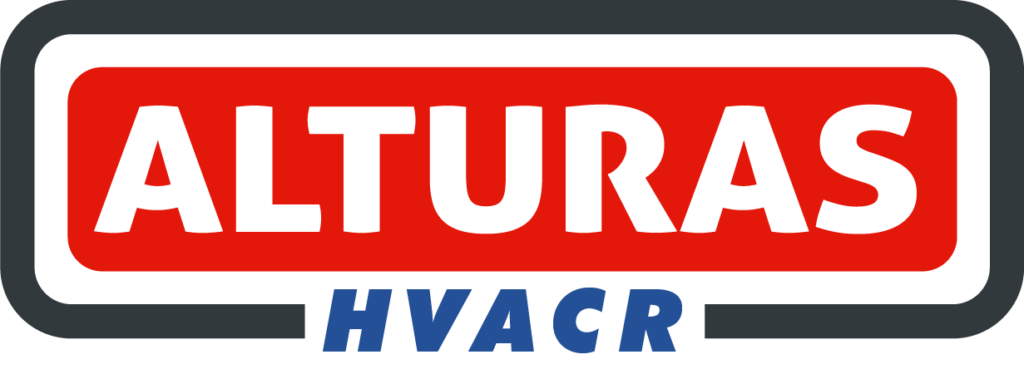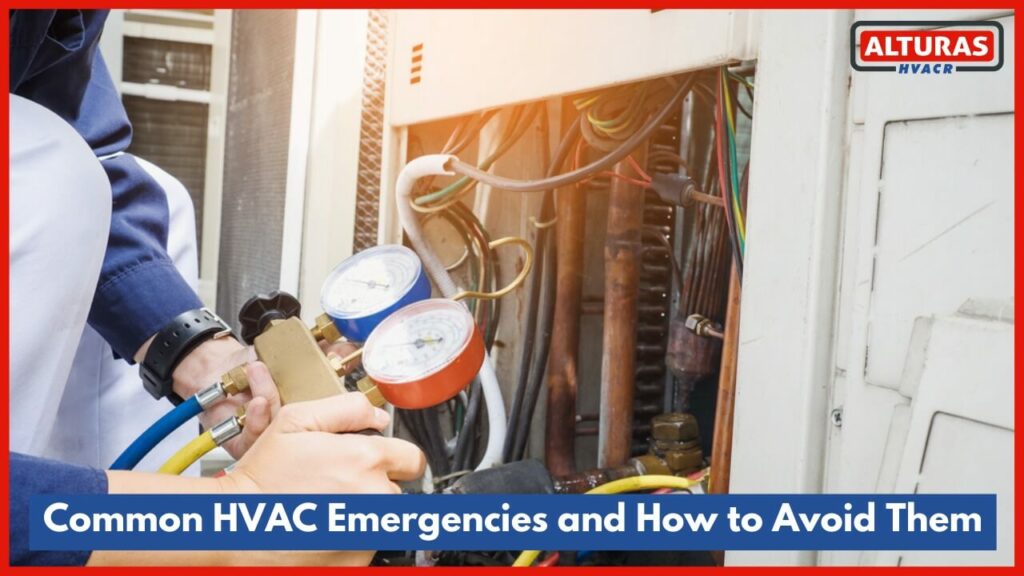An HVAC system is essential for any residential, commercial, or industrial area. The main purpose of HVAC is to help maintain good indoor air quality through adequate ventilation with filtration. It is natural to wonder if something out of the ordinary going on with your home’s heating and cooling system. We clear things up below by offering some guidance regarding HVAC Emergencies.
What Are Some HVAC Emergencies?
HVAC equipment contains various components that work together for the system to run efficiently. A malfunctioning HVAC system can be a nuisance as it can drastically raise your energy bills, reduce the lifespan of your equipment, and affect the indoor air quality too. Therefore it is inevitable to identify or detect if your heating and cooling system is having an issue.
This article discusses in detail what is Common HVAC Emergencies And How to Avoid Them. These common HVAC problems and solutions will save you from facing greater HVAC issues.
Refrigerant Leak
Refrigerant Leaks are among the most common HVAC Emergencies. Air conditioning systems use refrigerant to absorb heat and provide cooled air to your system. The refrigerant lines run between the compressor in the outside unit and the evaporator coils in the indoor unit. A leak in this line causes a loss of refrigerant. This hurts your system as it forces the system to run beyond its capacity to keep the indoors at optimum temperature. This could cause your compressor to overheat or even burn out. Moreover, Ice buildup on your lines and coils could cause system damage as well. Signs of a refrigerant leak may include:
- Ice buildup on evaporator coils.
- Higher than normal levels of indoor humidity.
- Long cooling cycles (air conditioner stays on longer)
- Increase in energy bills.
- System is overrunning
- Hissing sound from Refrigerant lines
Call HVAC contractors for Routine inspection of your coils, refrigerant lines, and compressors. This can help spot a leak before it causes damage to your system. It can also cases prevent a leak before it starts.
Related: AC Refrigerant Leaks
Clogged drain Lines
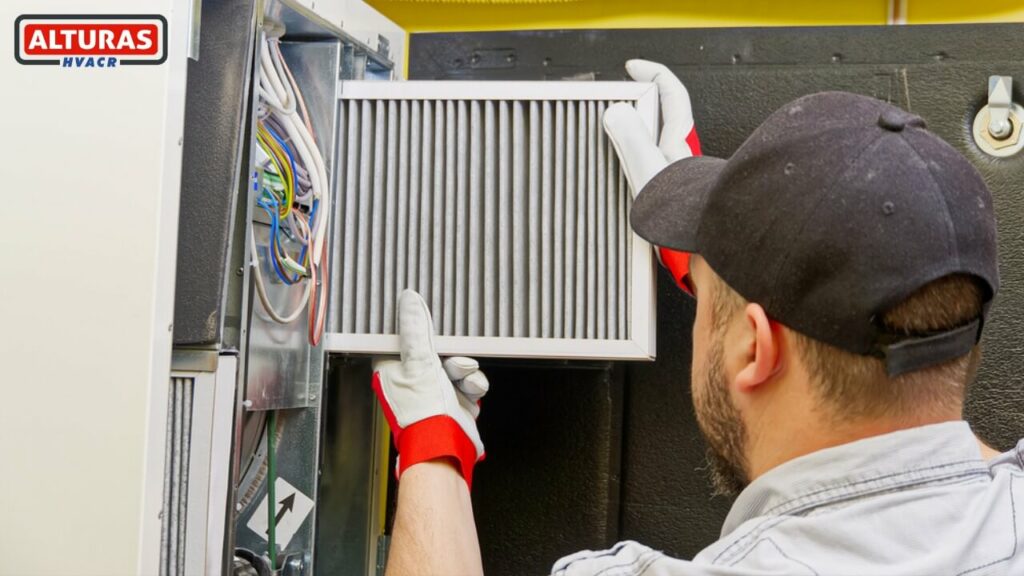
The other most common HVAC emergencies are clogged drain lines. Air conditioning units build drain lines into the system. It transports water and debris from the condensate drain pan under the evaporator coil. It allows the condensation to flow from the unit to a drain or outdoors. Water can accumulate in these pipes from the condensation that occurs naturally in the air conditioning process. Sometimes these drain lines can become blocked thereby causing a water backup into or around your system. Signs of a clogged drain line may include:
- Musty, moldy smell near your indoor unit
- Standing water near the indoor unit.
- Dampness in the air
- Water damage in areas near the indoor unit.
- The AC system is not cooling your home.
- AC system shuts down or doesn’t turn on.
- Water leaking from the indoor unit
- Mold or rust on or near the unit
To avoid clogged drain lines, Inspect your drain pan and the area around your indoor unit every month. Clean or replace your HVAC filters. Dust is one of the most common causes of clogged air conditioner drains. Besides that, Annually Flush drain lines and proper Installation of the drain line can help prevent clogged drain lines.
Related: Commercial HVAC Air Filters Guide
Ventilation Problems
The ductwork is the foremost thing you should inspect when your home has ventilation problems. Obstructions in your HVAC air ducts will prevent your heated or cooled air from distributing properly throughout the building. Ducts can also become damaged and leak conditioned air, making the system less effective overall. Moreover, if your HVAC system is running more than usual or your home has warm and cold spots, you could be experiencing ductwork problems. Some signs of ventilation problems can be:
- Blocked Air Vents Inside the House.
- Dirty and Clogged Filters.
- Bent Condenser Fins On Exterior Unit.
- Damaged Ductwork.
- Old Blower Fans.
- Poorly Sized Unit.
- Debris Buildup on Condenser.
- Leaking or Low Refrigerant Levels.
Similarly, the vents may also be blocked by a piece of furniture or other indoor item placed on or in front of them. Before turning on your heating and cooling unit, make sure the vents are clear of obstructions.
Electrical Problems
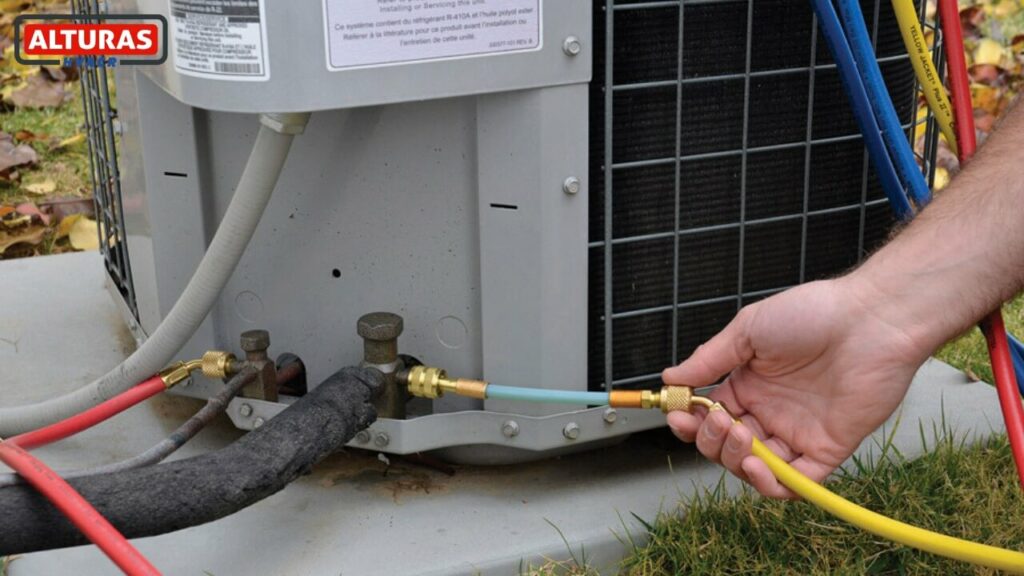
If your HVAC system doesn’t start running when you turn it on, this could be a sign of an interrupted electrical connection. This is often the result of a blown fuse or a tripped circuit breaker. It can happen once in a while but when this happens too often, the unit could be pulling too much energy. In this type of HVAC emergency, you need to have it checked by your HVAC contractors. In some cases, electrical problems can arise due to bad connections or issues with the wiring components inside the HVAC system. Signs of an electrical problem may include:
- The HVAC System is not turning on
- HVAC System running continuously
- Burning smell
It’s important to regularly maintain your system by changing out worn parts or damaged wires. Routine maintenance of your electrical components can help prevent electrical problems.
Inflated capacitors
A capacitor is used to start the motor and keep it running. It sends jolts of energy, without these jolts the fan will stop operating. When the capacitors of your AC stop working, the unit shuts down as well. Your capacitors can fail even before your HVAC system. This is a sign they’ll need to be replaced. In addition, swelling is an indication that it’s time to get new capacitors.
Moreover, if the capacitors and the unit’s compressor are having trouble functioning it can lead to mechanical failure. Replacing these components will usually suffice. However in the case of compressor failure, replacing the entire HVAC unit would be more cost-efficient.
Gas Leak
Of all HVAC emergencies, a gas leak can be the most dangerous. If your heating system runs on natural gas, you can be at constant risk for a gas leak. Leaks are usually caused by a crack or a break in the gas line. Gas leaks can cause explosions so these should always be taken seriously and fixed immediately. Signs of a gas leak may include the smell of gas or rotting eggs.
Call Professional HVAC contractors to run inspections that include checking your gas lines for potential hazards.
Preventive HVAC Maintenance
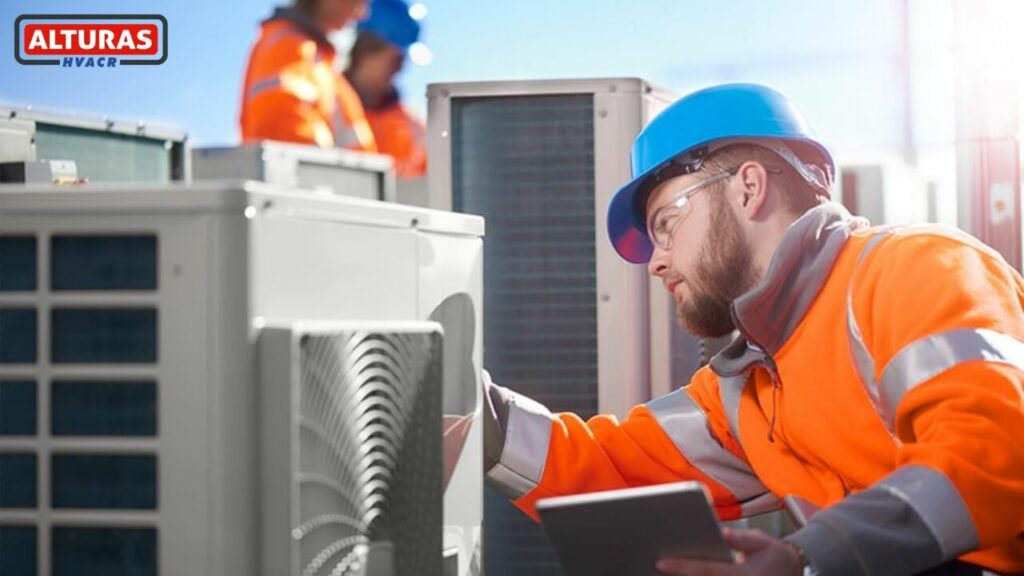
Timely Preventive maintenance can help your commercial HVAC system achieve maximum efficiency and avoid HVAC emergencies. Moreover, can also help you avoid replacing your system before it’s necessary.
If you witness any of the above-mentioned types of HVAC emergencies, call an HVAC professional right away. Alturas Los Angeles HVAC contractors are skilled in addressing all types of HVAC systems and their issues. We have professional HVAC specialists who are well-equipped to diagnose and treat all types of HVAC problems that a homeowner may not be able to identify.
